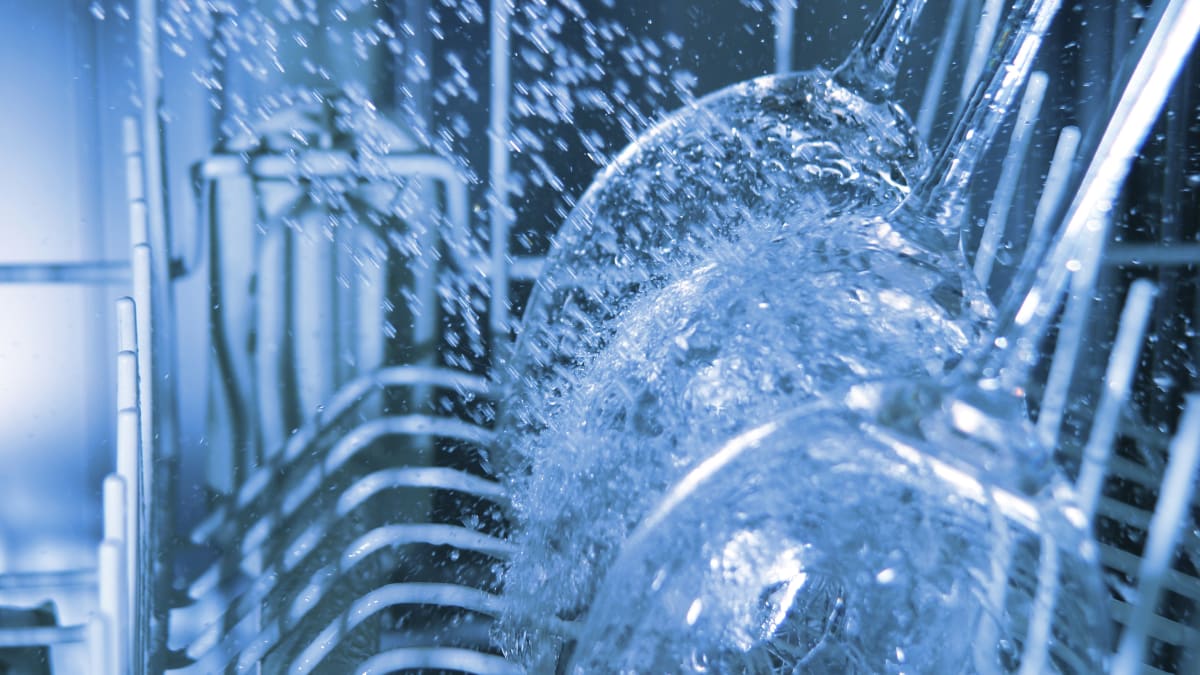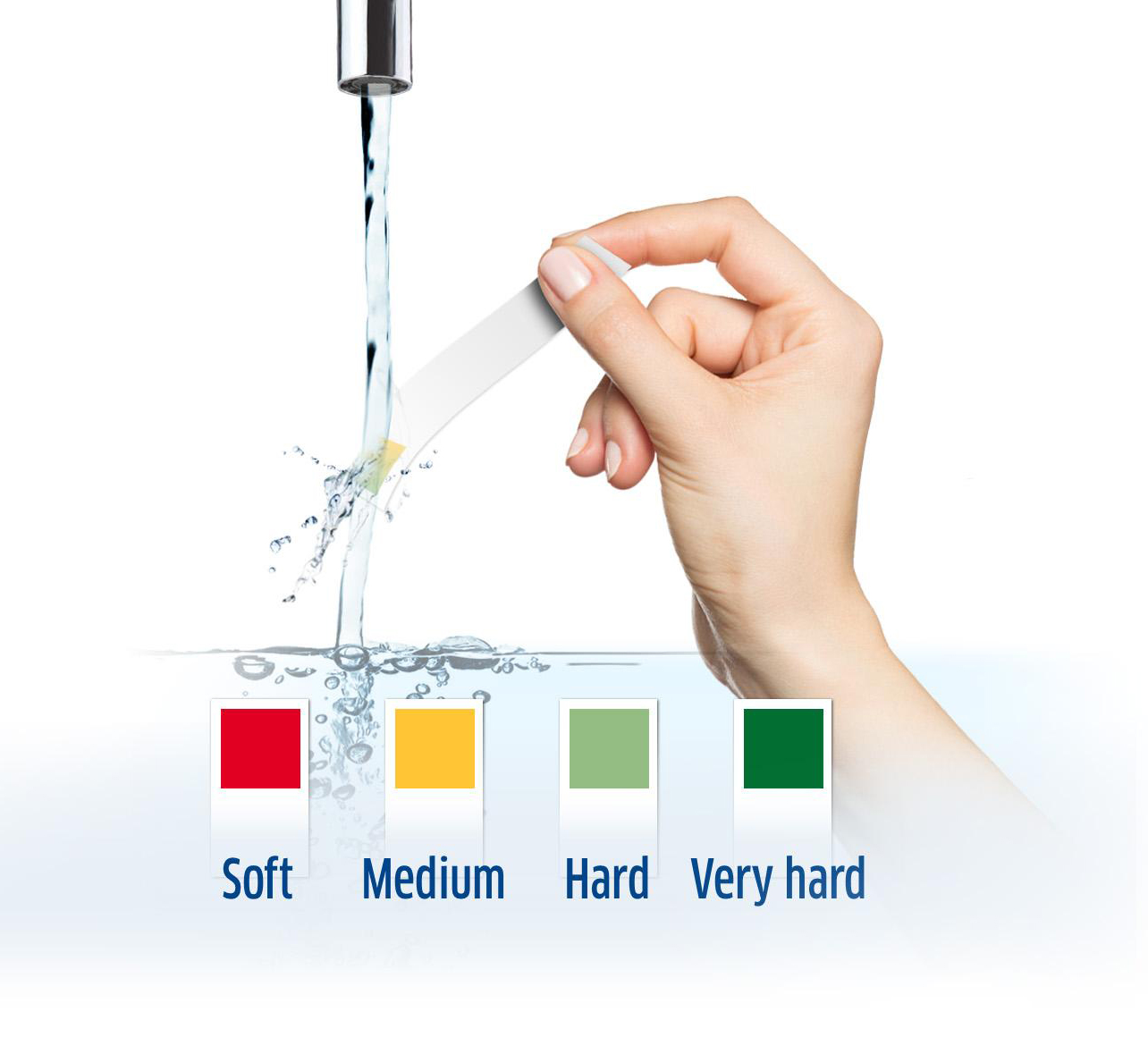10 Simple Techniques For Hard Water Testing
Table of ContentsAn Unbiased View of Hard Water TestingThe Basic Principles Of Hard Water Testing Rumored Buzz on Hard Water TestingNot known Details About Hard Water Testing Indicators on Hard Water Testing You Need To KnowGetting The Hard Water Testing To Work
As soon as the water from your shower dries out, mineral deposits are left behind, creating your once-shiny, clear shower doors and components to be covered in water stains. In addition, since water will take longer to heat up, it will certainly make use of a lot more energy and hence boost your energy bills.The Greatest Guide To Hard Water Testing
Have you ever before wondered just how to evaluate water hardness in your house? The solution could be closer than you assume. Difficult water is the outcome of elevated mineral degrees in the groundwater supply. While tough water may be safe and clean water and not necessarily hazardous to your wellness, it does result in a number of unpleasant effects with which you are most likely acquainted.
While there are comprehensive examinations that can offer you an accurate and precise action of how hard your water is, identifying whether you have difficult water is a much less complex exercise. In this short article, we're mosting likely to lay out some understandable pointers that can aid you identify whether or not you have hard water.
A few of these are just undesirable, while others can impact whatever from the efficiency of your appliances to the moisture of your hair and skin - Hard Water Testing. Ultimately, you may be amazed at the lots of means that hard water has had an influence on your day-to-day live and may be interested in a entire home water conditioner
All About Hard Water Testing
Tough water is water that has a high amount of minerals in it. Most of these minerals are generally calcium carbonate and magnesium, nevertheless other minerals such as manganese and iron can additionally be discovered in hard water examples. The higher the mineral matter in your water, the tougher your water is thought about.
A higher focus than this is considered to be tough water, with differing degrees of firmness assigned to various thresholds of calcium carbonate. The development of difficult water occurs naturally via a communication between water and the soil it travels through. Beginning as precipitation, water is mainly soft, though there may be small quantities of minerals contained in rainfall.

The movement of water through the soil and right into the rivers and aquifers that supply our water is lengthy and tough. As water travels through dirt in the process, it dissolves the bonds of the mineral ions in the soil. These minerals are then brought along with the water right into the water that reaches your faucet.
Indicators on Hard Water Testing You Need To Know
This generally means chalk or sedimentary rock. Tough water can also consist of high degrees of iron if it relocates with iron-rich dirt. Rephrase, the visibility or absence of minerals in the soil around a groundwater resource has a straight influence on exactly how hard the water is. This indicates that the solidity of water can differ significantly based upon where you live.
This is also why you may see that the water really feels various when you check out browse this site one more state or country. If you are asking yourself just how to gauge water hardness, there are a variety of different examinations you can do to learn whether your water is hard. A lot of community water providers likewise publish info about what types of minerals and other compounds the water piped into your house has.
An instance of a neighborhood community water high quality record can be located right here (Hard Water Testing). Short of surfing a water top quality record or checking the water straight at your faucet using a water test package, there are some easy empirical techniques that you can make use of to establish if Click This Link your water is hard
The Ultimate Guide To Hard Water Testing
If you have discovered flaky build-up on your fixtures then you probably have tough water. You might have seen that the nozzles on your shower head come to be blocked over time. This occlusion is because of mineral deposits left by hard water. The very same holds true of the nozzles in your dishwasher, which gradually become blocked by mineral deposits gradually.
White or grey discolorations have a tendency to be from calcium carbonate, while areas with a high amount of iron in the water will certainly generate reddish discolorations on fixtures and faucets. If you are regularly battling soap residue, you have hard water. Soap scum is a white, filmy layer commonly discovered in showers, in sinks, or on bathroom fixtures.

How Hard Water Testing can Save You Time, Stress, and Money.
Among these is the effect of hard water on hair. You can check for water solidity by observing your hair hair cleaned with tough water will certainly start to create a layer of minerals on the hair roots. This basics mineral layer has a number of impacts that you may not have even realized were happening.
Normally, hair cleaned in difficult water will, in time, become duller and do not have the vibrancy of hair cleaned in soft water. Your hair may additionally be drier when cleaned with difficult water vs. soft water. The minerals deposited by hard water makes it much more challenging for creams to permeate your hair roots, causing drier hair gradually.
If you clean your hands with tough water and soap, you will possibly see that your hands can feel a bit completely dry and rough after all the soap has actually been noticeably cleaned away, needing cream or oil. That completely dry sensation is from a thin layer of soap sticking to the hard mineral left and adhering to your hand and is an usual indication that your water is hard.